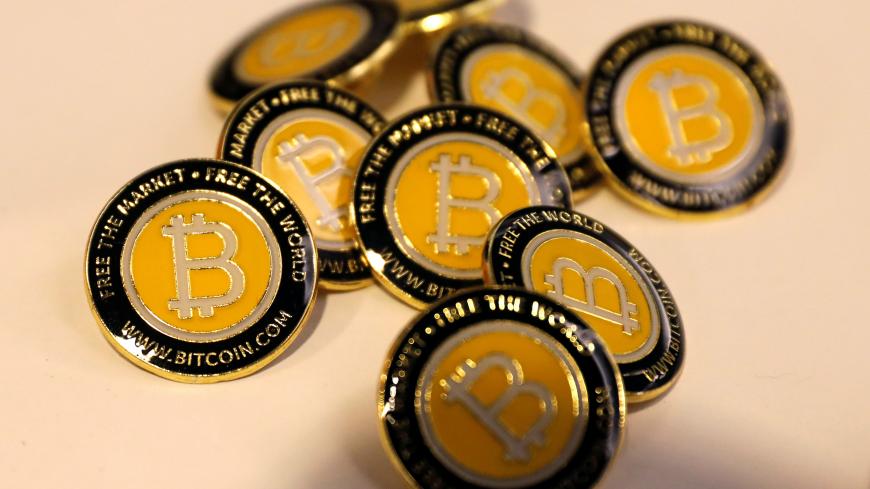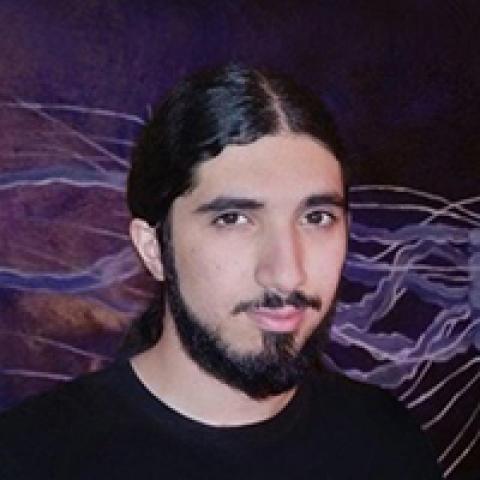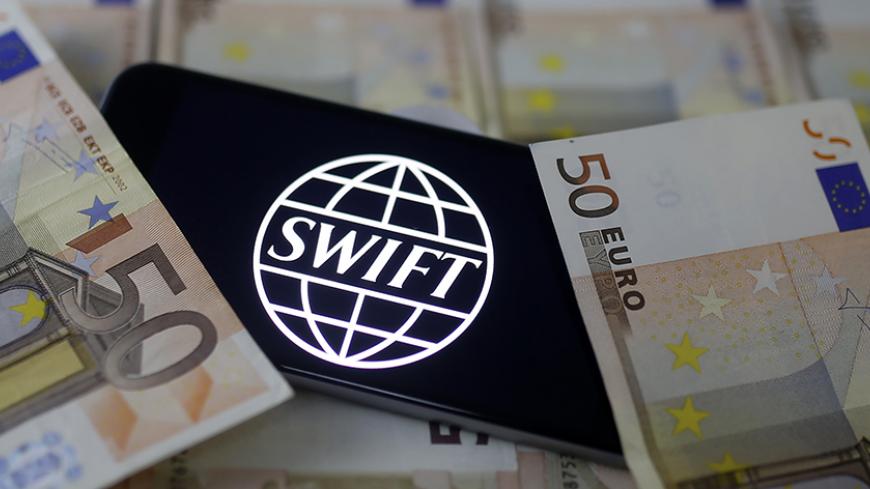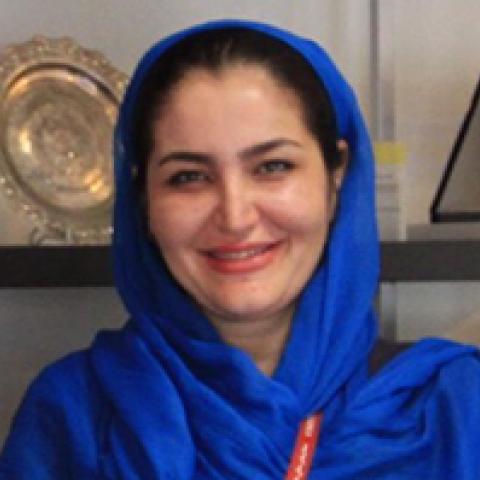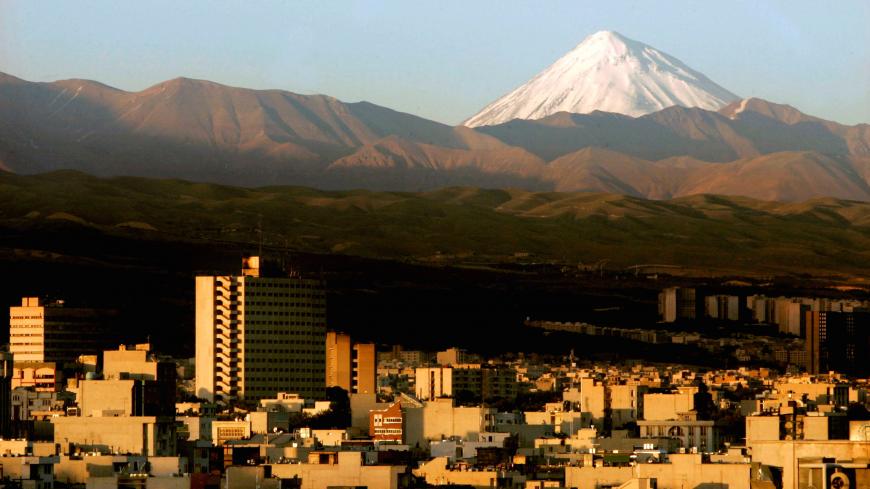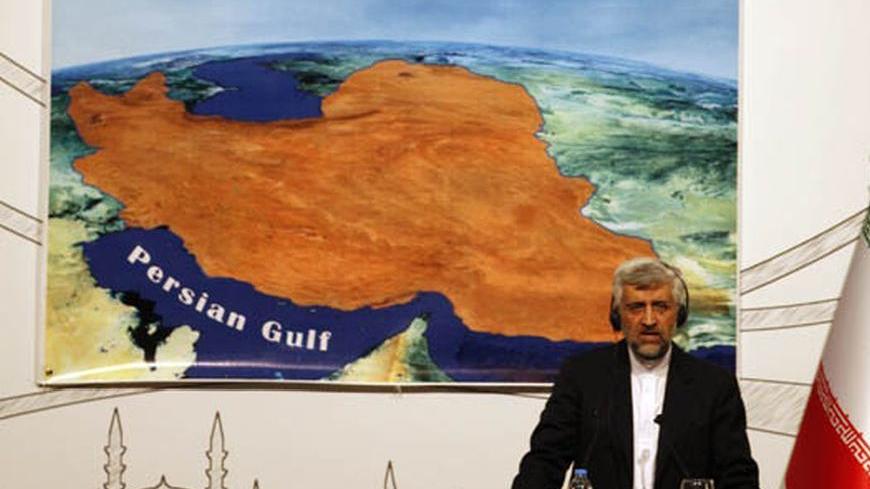Iran, Russia sign bank messaging agreement to override SWIFT
Both countries are banned from the SWIFT financial messaging system due to US and European sanctions.
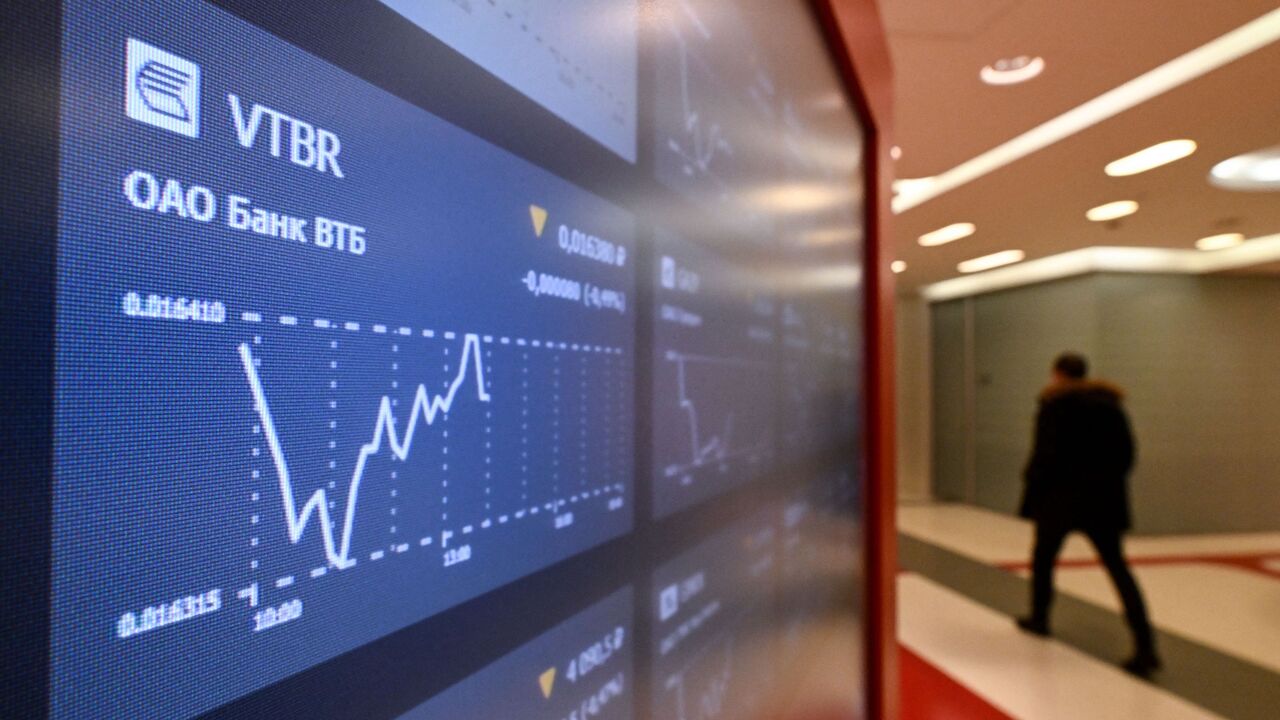
Iran and Russia signed a financial messaging agreement on Sunday that would allow their banks to transfer funds between one another, and evade sanctions mechanism that blocks most of their entities from SWIFT.
The memorandum of understanding will allow Iranian and Russian banks to exchange standard financial messages. Officials from both countries held a ceremony in Tehran for the occasion. A Russian official, Vladislav Gridchin, said Western sanctions will not be able to impede the bilateral messaging, the official Islamic Republic News Agency reported.



